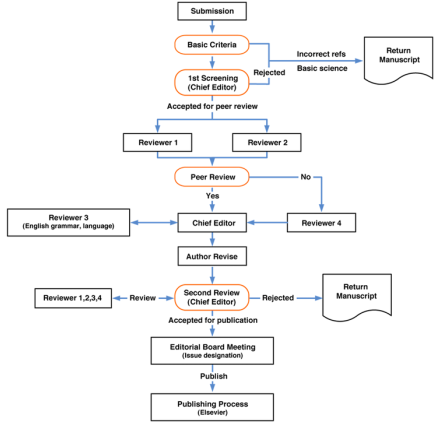For the next week or two my friend and collaborator Lise Kroner (Åkervinda and 11th House Collective) is visiting Chicago from Malmö, Sweden. Thanks in large part to the Dansk Musiker Forbund (Danish Music Association) we have a not-so-secret mission to build a bridge for artists between these two magical cities. To do this, we are continuing work on our music project that began at the Inter Arts Center in Malmö last August. Everyday while she is here, we will brainstorm, improvise, create, learn, and grow. We will then reflect through a blog post on the day’s effort toward finding a way to create music that opens productive conversation about the refugee crisis. Currently there are a lot of unknowns, and the overarching question of the day was, “how do we figure out where to go in order to figure out the next step?” In addition to planning major points during her visit, including a visit with Matt Turner at Lawrence University in Appleton, WI, Lise and I spent a lot of time free improvising music. Eventually we found a compelling melodic idea and paired it with text that resonated perfectly:
There are silences so deep
you can hear
the journeys of the soul,
enormous footsteps
downward in a freezing earth.
John Haines
from “Listening in October”
If you wish to be involved in this project in any way, we would love to hear from you!! Please send me an email.
Stay tuned for more updates.

 RSS Feed
RSS Feed